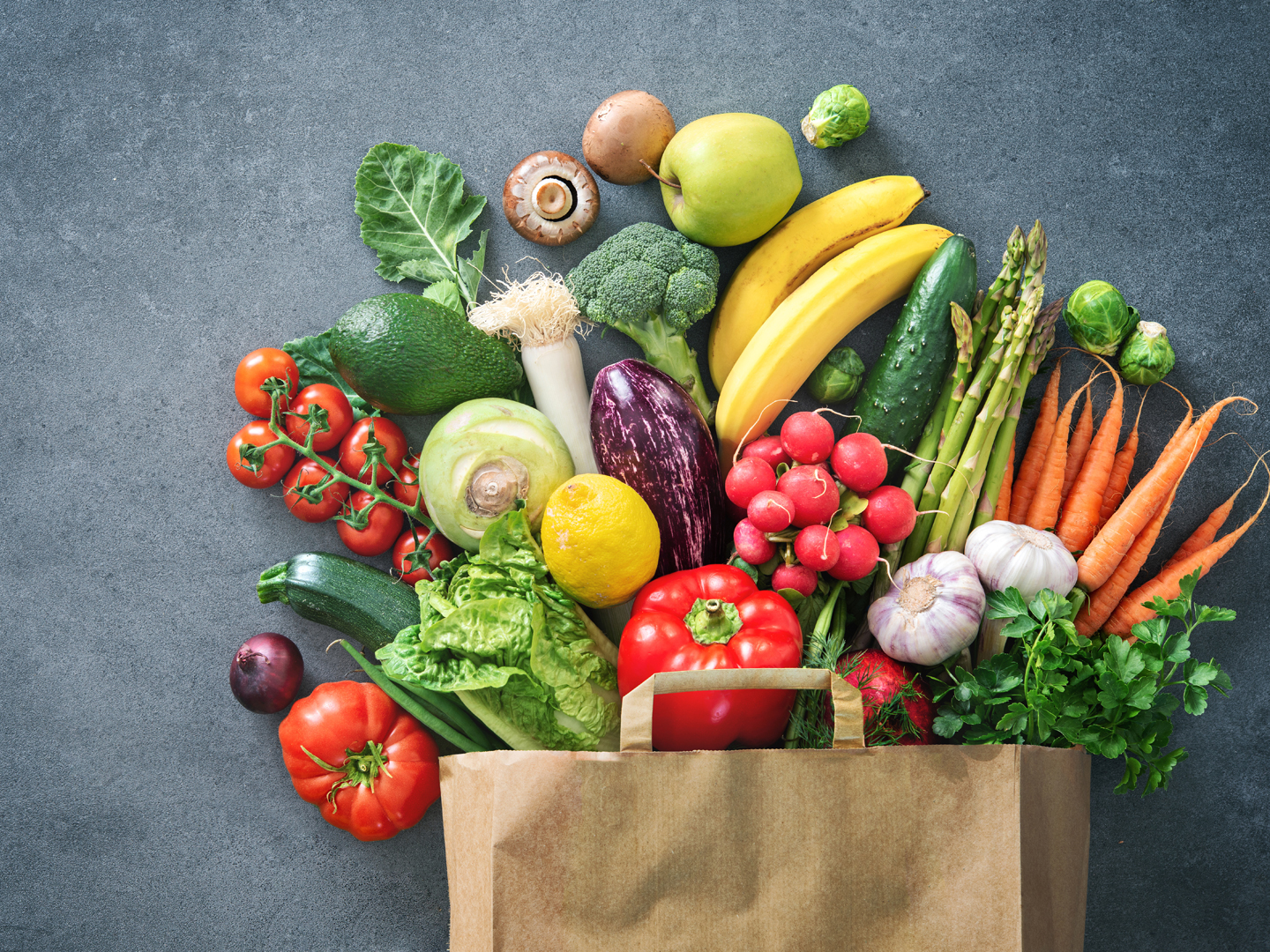
With the growing health requirements, new kinds of diets are coming into trend every day. One such diet is the vegan diet. More people are encouraging this form of the diet each day. A vegan diet is not only beneficial for your health but is also extremely environment-friendly and is good for the ecosystem as a whole. Foodvez has come up with a full-proof beginners guide to help you start your fitness regime.
WHAT IS VEGAN DIET?
A vegan diet is a plant-based diet. Dairy products, meat, eggs, and anything which does not contain foods produced by plants are excluded from this diet. Since in this diet you cut down on meat and eggs, your daily intake of food should be planned in a way that includes all the essential nutrients. Most vegetarians eventually go for a vegan diet. This is because it offers advantages for the body and nature at the same time. It might be a little difficult for non-vegetarians to lean towards it but you can still make it happen.
HEALTH BENEFITS
- Especially rich in micronutrients, a vegan diet helps in improving gut function. Animal products tend to disrupt our bowel moments. Plants generally prevent this from happening as they contain lower levels of sulfur when compared to animal products. Vegan foods that are high-fiber like grains and lentils will help in improving the gut microbiome.
- It cannot be said that eating vegan can eliminate cancer, but it can lower its risk. Plants contain phytochemicals that help in protecting the cells from any kind of damage. Additionally, they naturally help in controlling and maintaining weight which helps in keeping you healthy from any kind of cancer risks. It also contains high fiber which alters the rate of breast cancer.
- Vegan diet also reduces the risk of heart disease and can even reverse it if you are suffering from one. Risks to heart health are usually due to the intake of animal products. Plant-based diets focus on eliminating the content of meat or other animal proteins. According to a study, about 42% of risks of heart failures have decreased due to consumption of plants and plant-based foods
- This diet greatly helps in glycemic and lipid control. This helps us easily manage the blood glucose levels. Consuming pure vegan foods can also help your body to respond to insulin better which in turn reduces blood sugar.
ENVIORNMENTAL BENEFITS
- The process of meat production consumes tons of energy as well as emits numerous greenhouse gases when compared to plants. Going plant-based can save up to 1.4 tons of CO2 every year. This helps in the reduction of greenhouse gas emissions.
- Livestock uses more amount of water to sustain themselves than plants, this can prove as a threat to the parts of the country facing water scarcity. Additionally, dairy products also use water in large quantities for consumption by humans. Going vegan can not only conserve water but also can support areas with water shortages.
- Animal agriculture leads to loss of habitat and extinction. Deforestation is mandatory to set up factories for meat and dairy production. Plant-based diets prevent these practices and also prevent the animal species from going extinct.
- Overfishing also disrupts marine habitats. The increasing demands for tuna and mackerel have increased so much that they can go extinct soon. Going vegan can support these marine species and replenish marine life.

TIPS TO START VEGAN DIET
When you are starting something new, no matter what it may be, start it with a positive mindset. Another quick tip is to stock up your pantry. It is always better to gather up some food and store it. Just keep in mind to keep only a week’s supply of vegetables, fruits, and grains as storing more food than required can also make the food stale. Another essential tip is to plan your meals. This trick can come in handy if you are just starting as it can give you a clarity while cooking.
If you are finding it difficult when it comes to dairy or meat, begin with plant-based milk like almond milk or even soy milk. There are several cheese and meat alternatives as well which you can try initially. Gradually you can move to more pure diet foods. While looking out for proteins, focus on consuming fish-free omega-3. Also start your day with a whole foods breakfast like quinoa, or oatmeal. This keeps you full till lunchtime and will prevent you from consuming unnecessary calories.
BOTTOM LINE
You can opt for a vegan lifestyle for any and every reason but the decision should be yours in the end. The vegan diet is indeed extremely beneficial for your health and can help you reach your fitness goals if consistently maintained. Foodvez has prepared a perfect guide for you to start your fitness journey. And don’t forget to visit our other blogs as well for more insights on the vegan diet.
